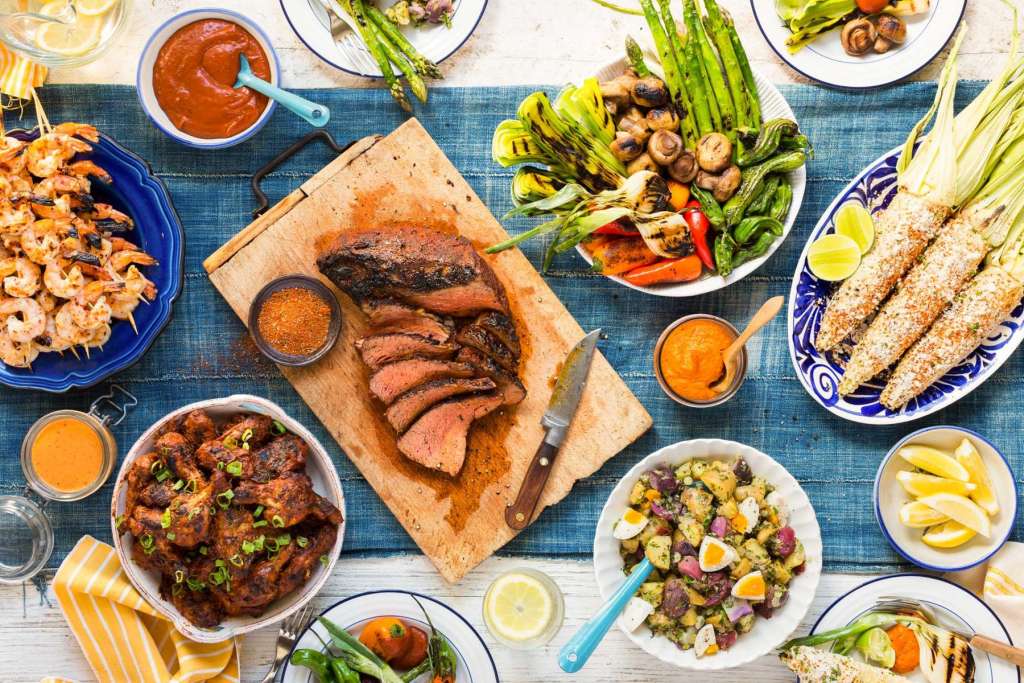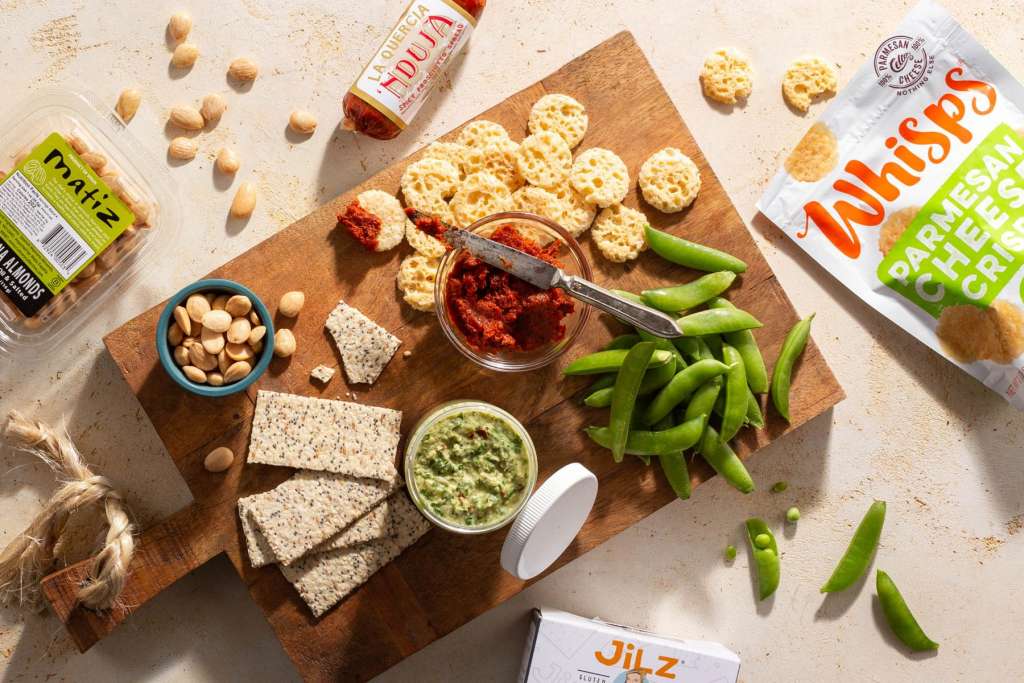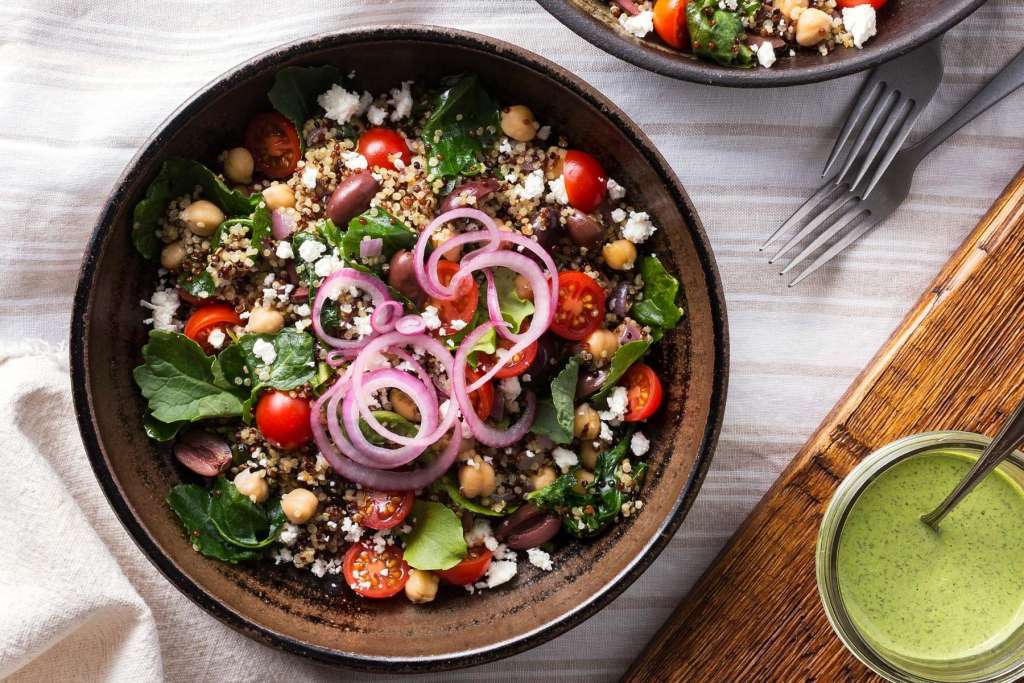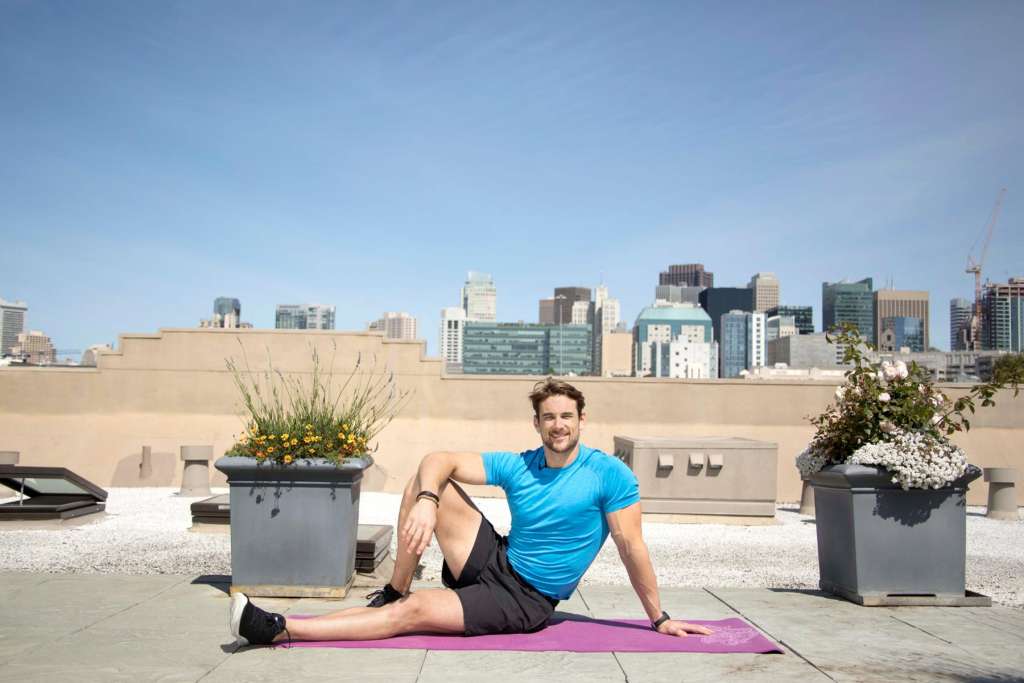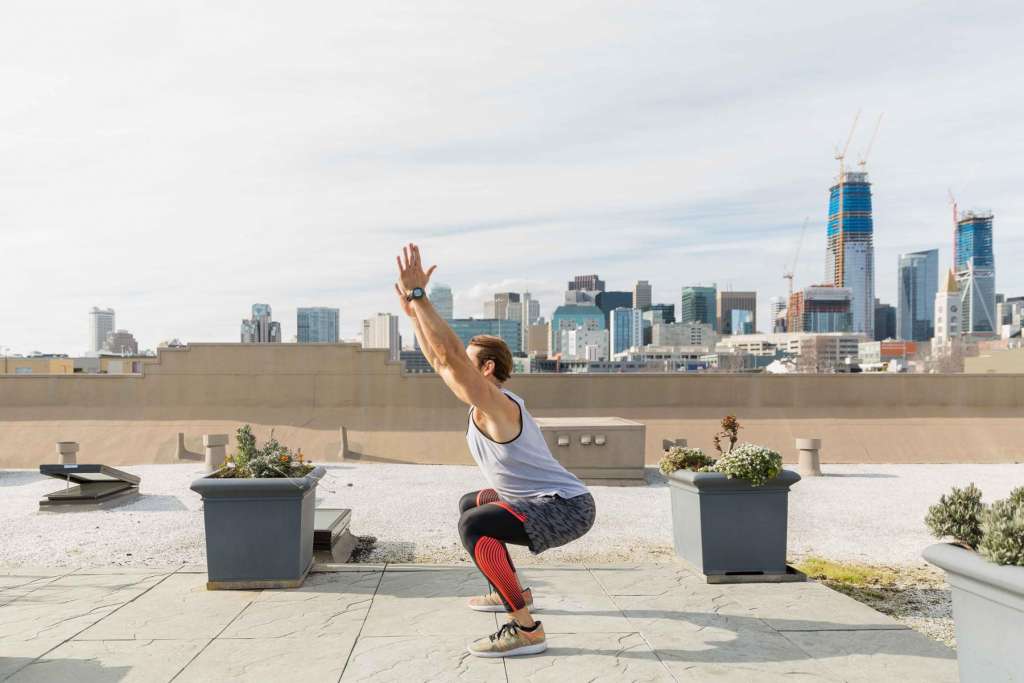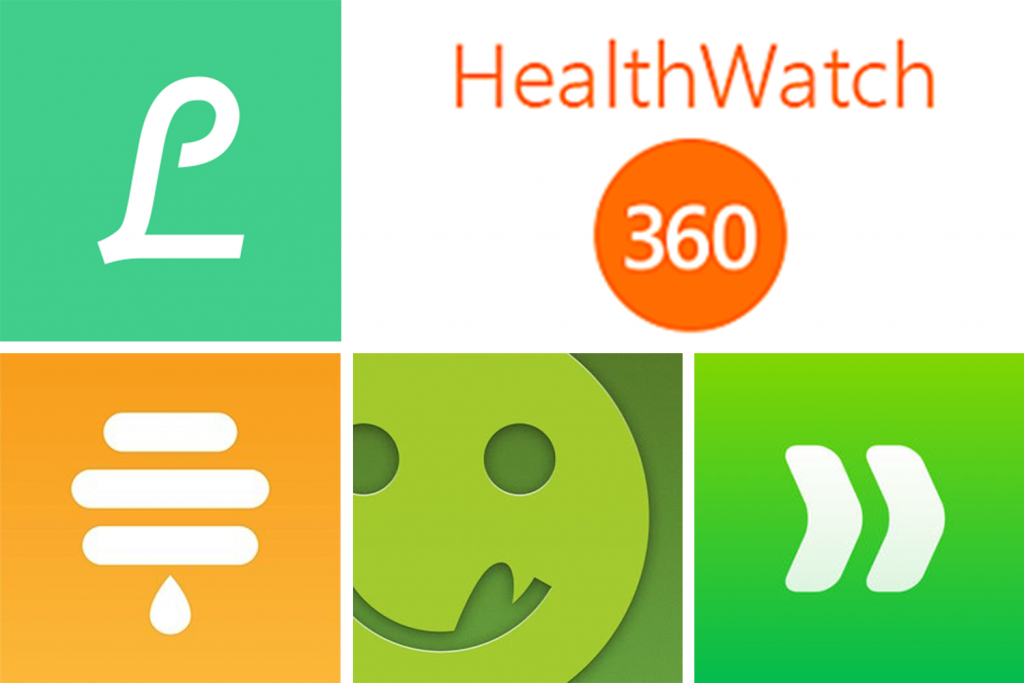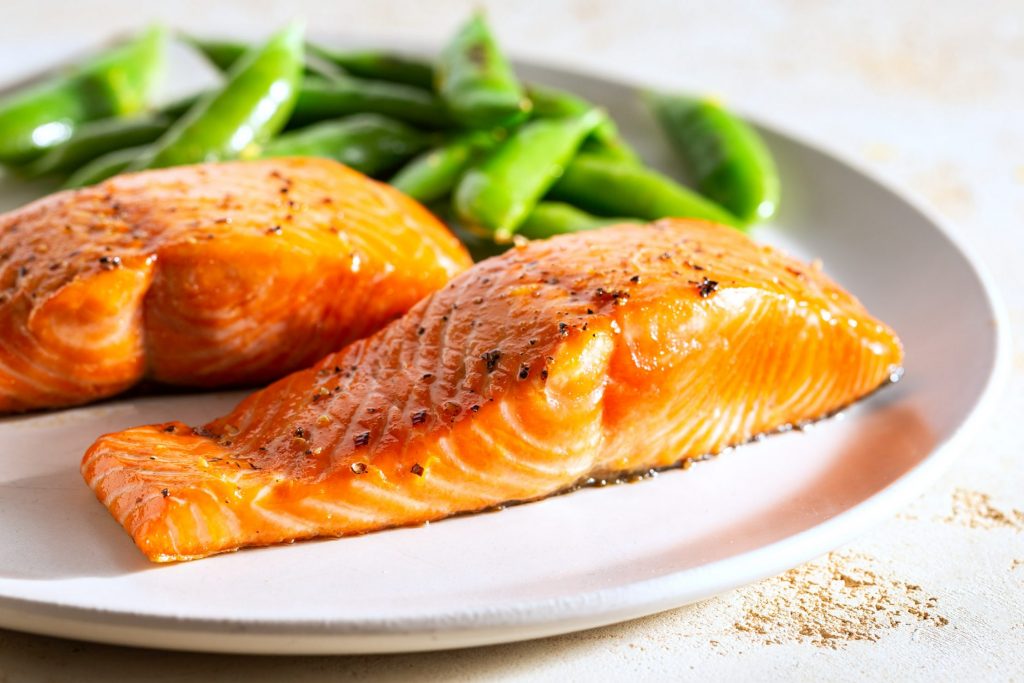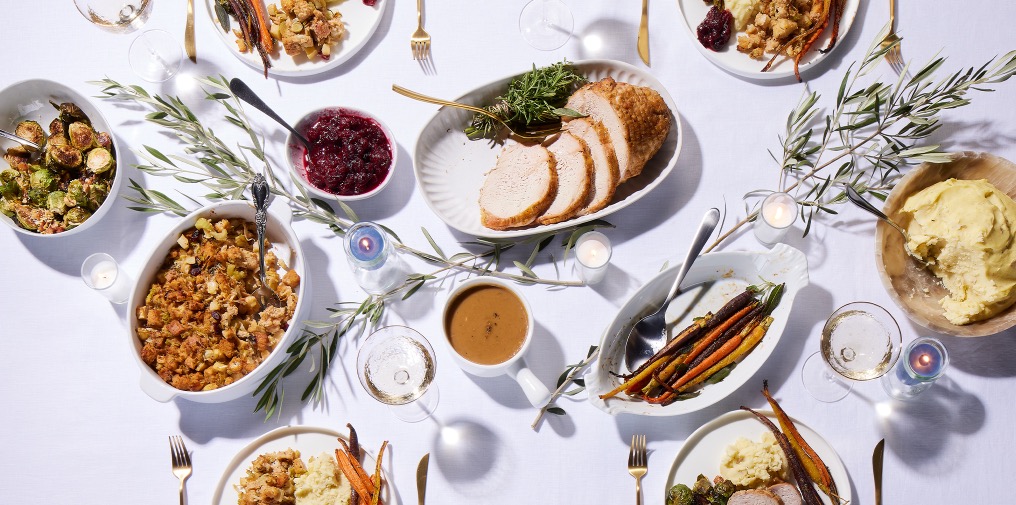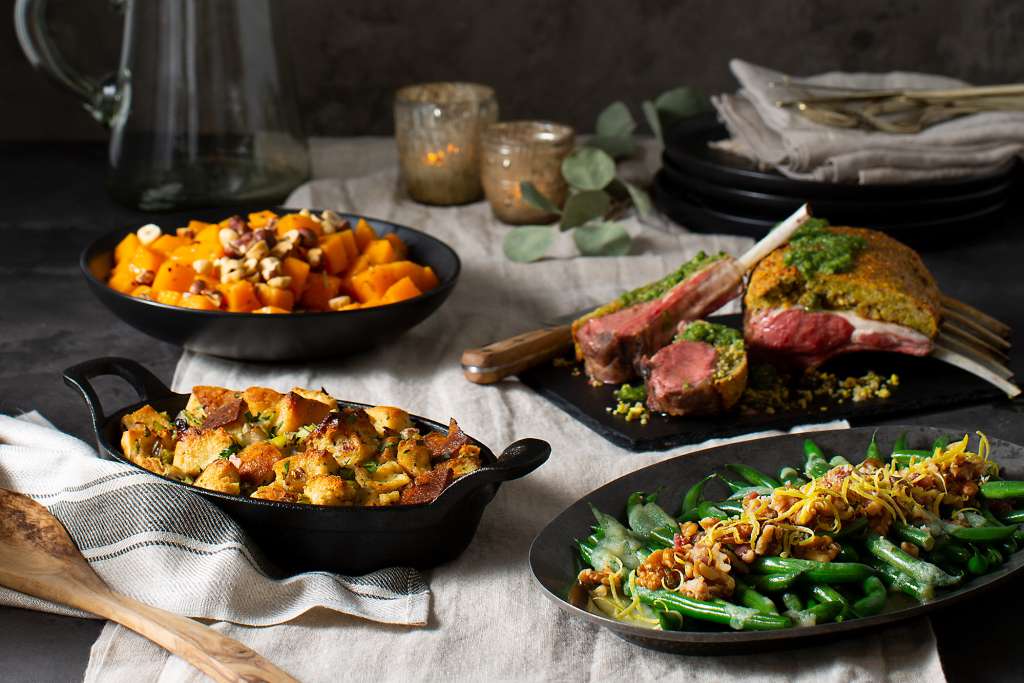The Secret to Beautiful Skin is at the End of Your Fork
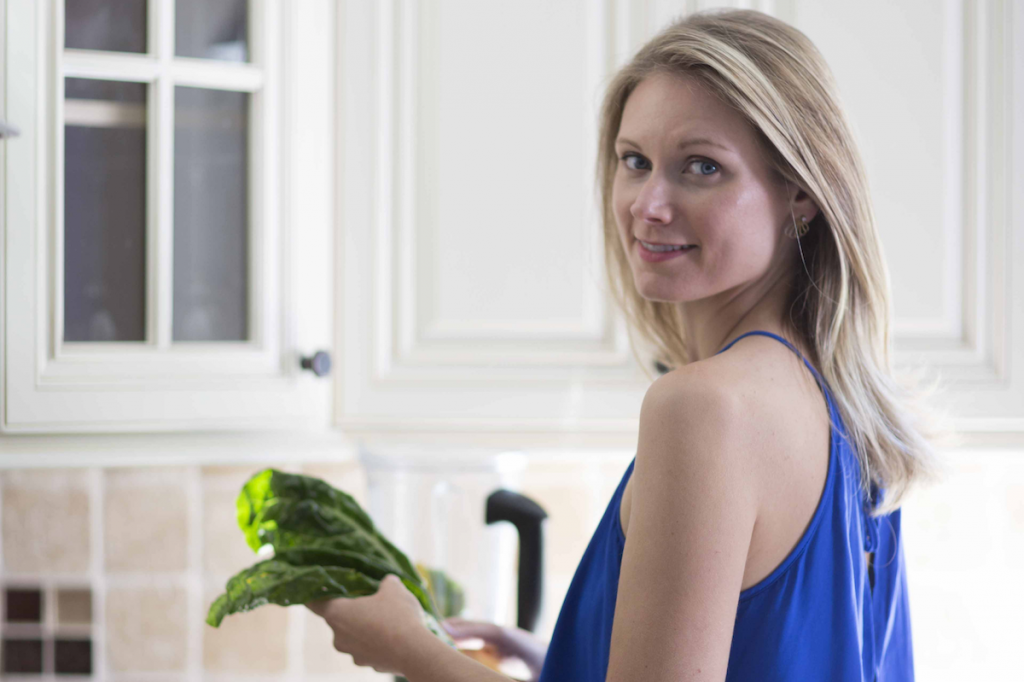
What you eat not only affects how you feel, but also plays a major role in how you look. Your skin is your body’s largest organ and a primary detox channel. It’s impossible to separate healthy skin from your overall well-being. We spoke with Jolene Hart, an integrative nutrition health coach and author of Eat Pretty: Nutrition for Beauty, Inside and Out, about beauty nutrition, giving up on expensive serums, and what it means to “eat pretty.”
What’s “beauty nutrition” and how do you define “eating pretty?”
Beauty nutrition is a term for the foods that nourish beauty and health from the inside out. “Eating pretty” is how I describe a diet that supports both looking and feeling your best. I think that we place far too much value on topical beauty products as cure-alls and essentials for maintaining healthy skin. We often reach first for products to keep skin healthy or to resolve a skin issue, when in reality our skin is a combination of the foods we eat and how our bodies work, not the cleansers or serums we use.
How did you become a health and beauty coach?
I was working as a beauty editor and at the same time suffering from a range of skin issues, including cystic acne and eczema. I spent a lot of money on topical products, treatments, and prescriptions, and nothing worked. I decided to look at my skin issues as a sign that there was something out of balance inside my body and wanted to learn more about that link. After a year of experimenting with my own skin, researching, and training as a health coach, I founded my coaching practice, Beauty Is Wellness, in 2010.
What were the most significant changes that you made to your beauty nutrition routine?
I lowered my intake of such high-glycemic, inflammatory foods as white bread, white rice, and potatoes because foods high on the glycemic index spike blood sugar, which can increase hormones and affect your skin. I then started cooking for myself with more fresh, colorful whole foods. Over time, that shift had a massive impact on my skin, hormones, energy, weight, and overall health.
How does what you eat affect your appearance?
The foods you eat become your body on a molecular level, so your food choices are the building blocks your body uses to defend against damage, repair existing issues, and help you thrive inside and out. There’s a direct correlation between nutrient intake and skin and an indirect correlation between your overall health and the quality of your sleep, hormone balance, digestion, etc.
Are there specific foods that wreak havoc on your skin?
Absolutely. Sugar, processed carbohydrates, conventional meat and dairy products, charred foods, and fats cooked at high heat can be uniquely problematic to your specific body, or they can be inflammatory and pro-aging in general.
Are there specific foods that can help with flare-ups from certain skin conditions like acne, psoriasis, or eczema?
It’s difficult to resolve flare-ups with food alone. The better approach is to use your diet to support healing and balance in your body so that you prevent future flare-ups from happening. For each skin concern, the approach would be a little different, but in general, you want to focus on hormone balance, improving digestion and elimination, and reducing inflammation.
Are there superfoods or a mix of ingredients that work well for targeting specific areas?
I like to stress the importance of eating leafy greens daily. They’re packed with vitamins A and C that support healing, cell turnover, collagen production, and the balance of oils. They’re also a good source of fiber that works as a probiotic to feed the beneficial bacteria in your microbiome. All of these factors are key to glowing skin, good moods, and a healthy immune system. Fermented foods like raw sauerkraut and kimchi support healthy digestion and elimination, introduce probiotics into your microbiome, and are packed with beauty-related nutrients that become more easily digestible during fermentation.
Sometimes it can be difficult to give up our skin-care creams and beauty habits, even when we know those products have some questionable ingredients in them. How did you overcome that?
For me, it wasn’t difficult to give up at all because I had tried everything and wasn’t getting results. As a beauty editor, it was my job to test skin-care products and treatments, and I had access to top dermatologists and aestheticians. But I was never able to find a person, product, or service to resolve my cystic acne and eczema until I started experimenting with my own diet and lifestyle.
Is there one type of beauty product or food trend that’s popular but you think should be avoided?
In general, we should ignore trends and focus on assessing our individual body’s needs, and understanding how those needs change over time. Keeping our bodies in a happy, balanced place is always going to be more beautifying than whatever trend is big at the moment. That said, there are some trends, like matcha and collagen, that are truly great for your skin.
What are some changes that we could easily make to our daily habits to help with overall beauty nutrition?
First, prioritize the health of your digestive system (which influences both how you absorb nutrition and how you eliminate waste, two keys for beauty and skin health) by consuming at least one serving of fermented foods each day, along with a diet rich in plant fiber (think leafy greens, raw nuts and seeds, beans, and berries). Also, make sure every meal has the three essential components for hormone balance, energy, and satiation: organic proteins, good fats, and an abundance of vegetables. These two habits alone make an incredible difference in skin health.
